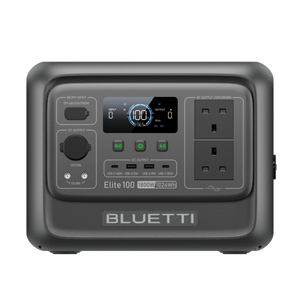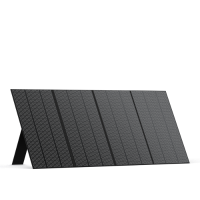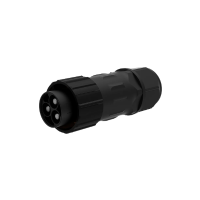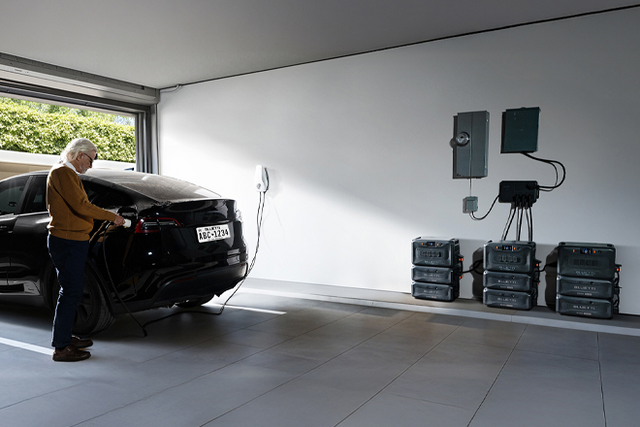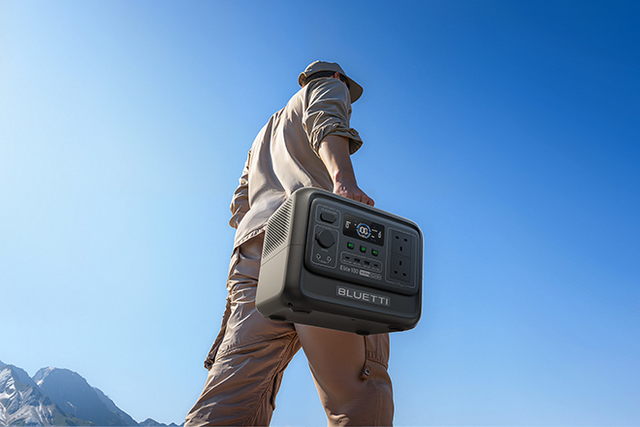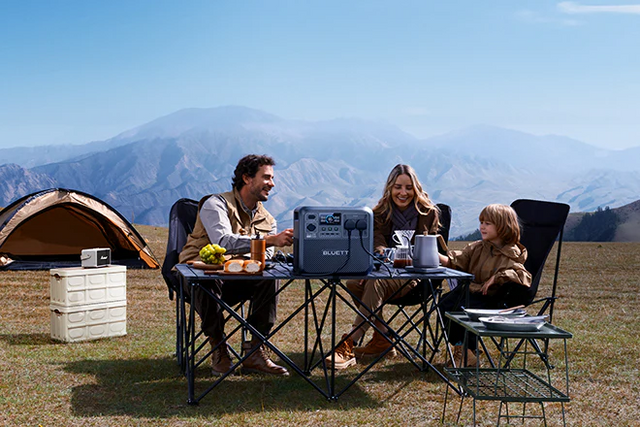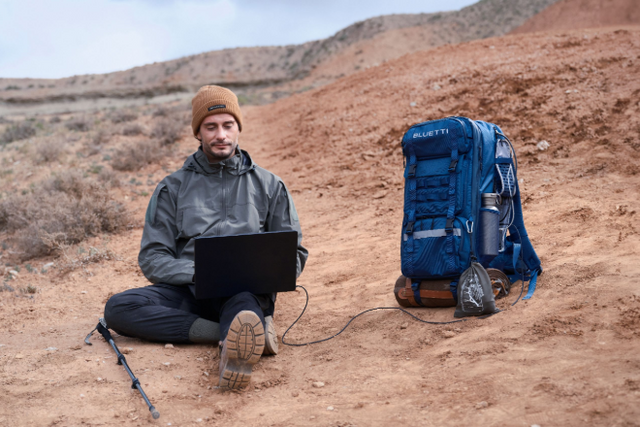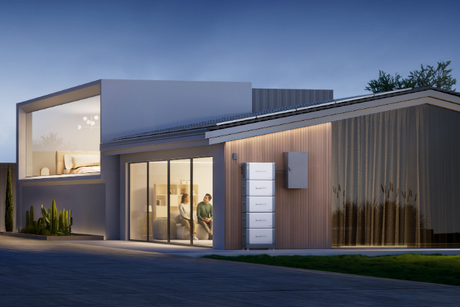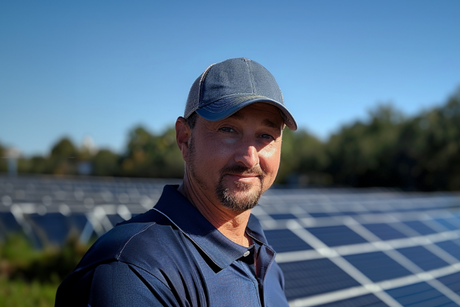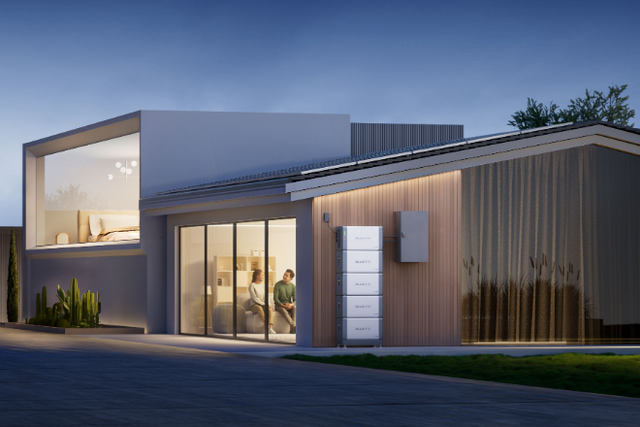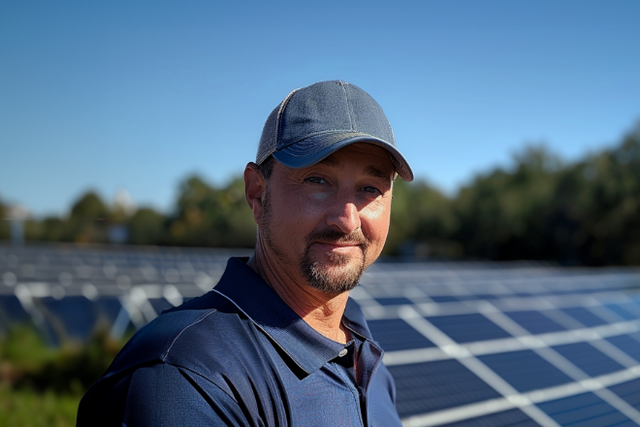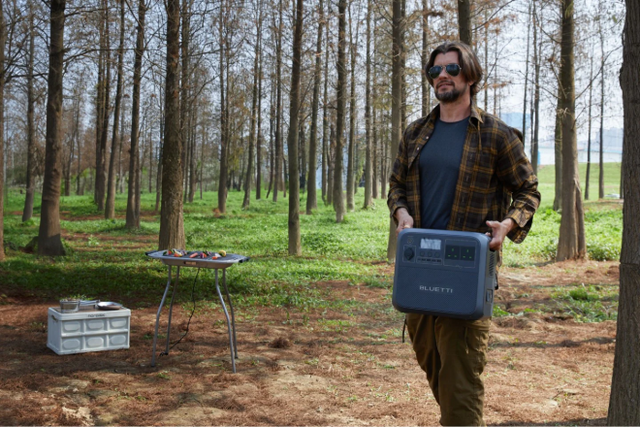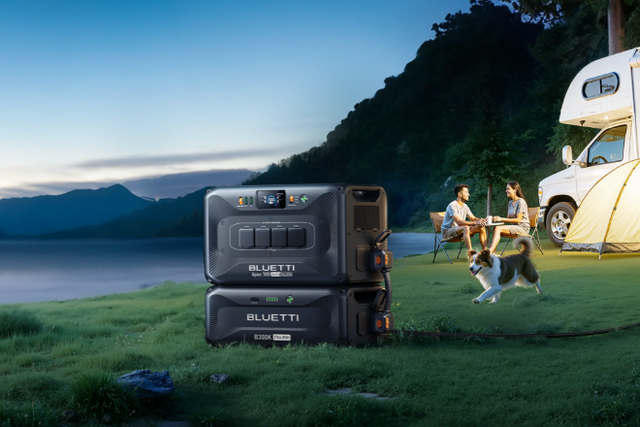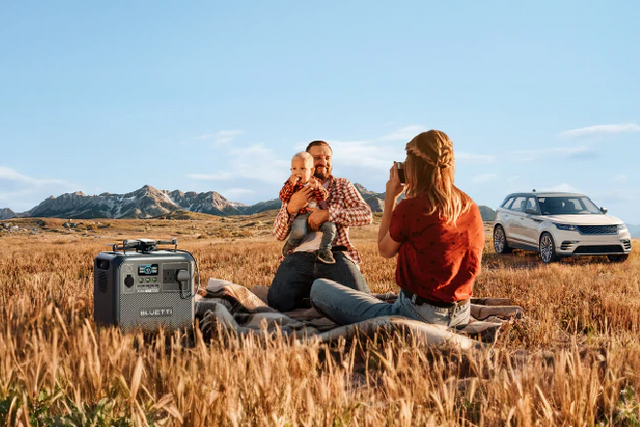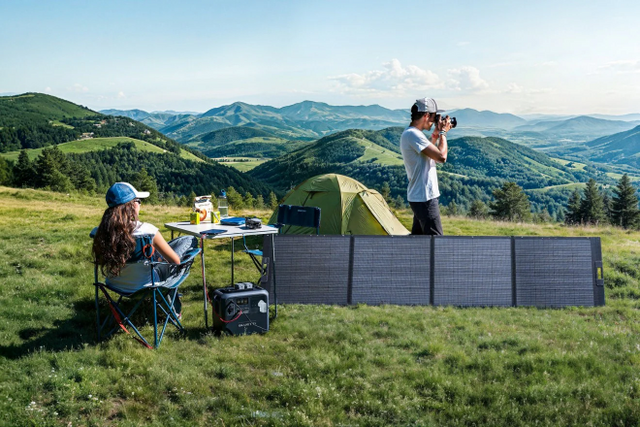When it comes to using caravans, whether as a home, a holiday spot, or even a workspace, there are important rules and regulations that you need to be aware of. Planning permission is one of the critical aspects to consider, as it determines where and how you can place a caravan on your land. This blog will guide you through what a caravan legally is, when you might need static caravan planning permission, and how these rules can differ depending on where you are in the UK.
How is a Caravan Defined in Law?
In the UK, the legal definition of a caravan is crucial for understanding its planning permissions. According to the Caravan Sites and Control of Development Act 1960, a caravan is defined as:
A Structure Designed for Human Habitation: The primary function of a caravan is to serve as a living space, whether mobile or static.
Capable of Being Moved: A caravan must be constructed to be transported, whether by being towed or being led into two sections. Even static caravans, which are usually not moved once sited, must technically be capable of being moved.
Dimensions: The law also sets out specific size limits. A caravan must not exceed:
- 20 metres in length
- 6.8 metres in width
- 3.05 metres in internal height
These dimensions apply to single caravans and any combined structures transported as a single unit.
What is Caravan Planning Permission?
Caravan planning permission refers to the approval required from the Local Planning Authority (LPA) before placing a caravan on land. Planning permission for a static caravan ensures that the placement and use of the caravan comply with regional development plans, environmental standards, and community expectations.
The necessity for planning permission depends on various factors, including the type of land where the caravan is to be sited, the duration of its placement, and its intended use. For instance, placing a caravan on residential land for permanent habitation almost always requires planning permission.
In contrast, temporary placement, typically up to 28 days, may not require formal permission, mainly if the caravan is not used as a dwelling. When deciding whether to grant permission, the planning authority also considers the caravan's impact on the environment and local community, such as potential noise, traffic, and visual intrusion.

Is Planning Permission for Caravans Consistent Across the UK?
Planning permission for caravans is inconsistent across the UK, as each region—England, Scotland, Wales, and Northern Ireland—has its planning regulations and guidelines. While the basic principles are similar, with planning permission generally required for residential or long-term use of caravans, there are essential differences in how these rules are applied.
England
In England, planning permission is usually required to place a caravan on land for residential or long-term use. The general rule is that planning permission is required if a caravan is used as a residence or placed on land for more than 28 days a year. Planning permission might be optional for temporary uses, such as short stays or seasonal activities. Local planning authorities have some discretion, and the specific requirements can vary based on the location and intended use of the caravan.
Scotland
Scotland follows similar planning guidelines to England, but there are additional restrictions in areas of particular interest, such as national parks and outstanding natural beauty. In these protected areas, planning permission is more likely to be required, even for temporary placements, to ensure that the environment and landscape are not adversely affected. The Scottish planning authorities tend to be more stringent in these cases, strongly emphasising preserving the country's natural heritage.
Wales
Wales's planning rules align closely with those of England but have specific considerations, especially in coastal and rural areas. The Welsh government focuses on preserving the unique character of its landscapes, which can lead to stricter controls on caravan placements in sensitive areas. As in England and Scotland, the need for planning permission in Wales largely depends on the intended use and duration of the caravan's placement.
Northern Ireland
In Northern Ireland, planning permission regulations are similar to those in the rest of the UK, but there is often more flexibility in rural areas where caravans are commonly used. For example, a caravan used for agricultural purposes may not require planning permission if it is only on the land temporarily and is directly related to farming activities.
However, caravan placement in Northern Ireland still requires careful consideration of local planning guidelines, particularly in areas designated for agricultural or conservation purposes. As in other parts of the UK, long-term residential use of a caravan—typically defined as use for more than 28 days in a calendar year—will almost always require planning permission.
Planning Permission for Static Caravans on Agricultural Land
One common scenario where planning permission is required is placing a static caravan on agricultural land. Agricultural land is typically reserved for farming activities, and using it for residential purposes usually involves a change of use, which requires planning permission. Here is everything you need to know about the static caravan on agricultural land planning permission:
Key Considerations:
Change of Use: Placing a static caravan on agricultural land for residential use is generally considered a change of use, which requires planning permission. This is because agricultural land is typically intended for something other than residential development.
Temporary Structures: In some cases, temporary structures like caravans may be permitted on agricultural land without planning permission, provided they are used in connection with farming activities and are not intended for permanent habitation.
Agricultural Workers: Planning permission is often granted for caravans to house agricultural workers, particularly during busy seasons like harvest time. However, this is usually temporary, and the caravan must be removed once the need has passed.
Environmental Impact: The local planning authority will consider the potential environmental impact of placing a static caravan on agricultural land. It includes visual impact, waste disposal, and the effect on local wildlife.
Planning Permission for Parking a Static Caravan on Private Land in Different Circumstances
Planning permission for the static caravan on its own land in the UK can be subject to different planning permission requirements depending on the intended use, location, and duration of the placement.
Residential Use:
Planning permission is typically required to use the caravan as a primary or secondary residence on private land. It is also usually required when using a static caravan to extend an existing home, such as a granny annexe.
Temporary Use:
Planning permission may not be required if the caravan is not intended for long-term habitation and is used temporarily, such as during home renovations or as a guest house. Some local authorities allow temporary placement without planning permission for up to 28 days within 12 months.
Business Use:
Using a static caravan for business purposes, such as an office or retail space, requires planning permission. The local planning authority will consider the nature of the business, the expected traffic, and the impact on the neighbourhood.
Parking in Driveways or Gardens:
Parking a static caravan in a driveway or garden without using it for habitation may not require planning permission, especially if it is not a permanent structure. However, if the caravan is large or obstructs views, it might still need planning permission.
Some Situations Where You Need Planning Permission for a Static Caravan
While some uses of static caravans may not require planning permission, there are specific situations where planning permission is a must:
Permanent Habitation: If you intend to live in the caravan permanently, planning permission is required regardless of where it is situated.
Long-Term Placement: Any caravan placed on land for more than 28 days typically requires planning permission, mainly if it's used for habitation or business purposes.
Commercial Use: Using a static caravan for commercial activities, such as an office, shop, or holiday rental, will generally require planning permission.
Changes to Existing Use of Land: Placing a static caravan on land that requires a change of use, such as agricultural land being used for residential purposes, will require planning permission.
Impact on Surroundings: If the caravan is likely to have a significant effect on the surrounding area, such as obstructing views, increasing traffic, or creating noise, planning permission is required.
Protected Areas: Placing a static caravan in a protected area, such as a national park, area of outstanding natural beauty, or conservation area, almost always requires planning permission.
The Best Companion for Static Caravans: BLUETTI AC200MAX Expandable Power Station
For anyone using a static caravan, the BLUETTI AC200MAX Expandable Power Station is an excellent choice for keeping the caravan powered efficiently.

Key Features
High Capacity: The AC200MAX has a 2,048Wh battery that can power your appliances and devices. It can be expanded to 8,192Wh with additional batteries, giving you plenty of energy for extended stays.
Powerful Inverter: It includes a 2,200W pure sine wave inverter, ideal for sensitive electronics and high-power items. It can handle short bursts of up to 4,800W, making it versatile for various needs.
Versatile Recharging: You can recharge the AC200MAX using AC power, solar panels, a car, or a generator. It supports up to 900W of solar input and offers fast recharging options with dual AC and solar inputs.
Smart Control: The power station can be monitored and controlled through the BLUETTI app, allowing you to track usage and manage settings conveniently.
Durable and Long-Lasting: It features a robust build and uses a LiFePO4 battery, known for its longevity, offering over 3,500 charge cycles.

Q&A: Common Questions About Caravans and Planning Permission
Q1: How Many Caravans Can I Own Without Planning Permission?
There's no legal limit to the number of caravans you can own. However, if you intend to place multiple caravans on your property, especially for habitation, you will likely need planning permission. The need for planning permission depends on the intended use and the impact on the surrounding area.
Q2: What is the 4-Year Rule for Caravans?
The 4-year rule refers to a legal loophole in which a caravan placed on land and used for habitation continuously for four years without any enforcement action from the local planning authority may be exempt from needing planning permission. However, this is subject to strict conditions and may not apply in all cases.
Q3: Can I Put a Static Caravan on My Land Without Planning Permission?
Whether you can place a static caravan in a garden without planning permission depends on the intended use, the placement duration, and the land's location. Planning permission may not be required for temporary, non-habitable use. However, planning permission is usually necessary for permanent habitation or commercial use.
Q4: How Much Does Planning Permission for a Static Caravan Cost?
The cost of planning permission for a static caravan varies depending on the local authority and the complexity of the application. Typically, the price ranges from £206 to several thousand pounds, depending on factors such as location, the scope of the development, and any additional assessments required (e.g., environmental impact assessments).
Conclusion
The need for static caravan planning permission is typically required for residential and long-term use. However, the specific rules can vary depending on whether you are in England, Scotland, Wales, or Northern Ireland. Some regions have stricter regulations, especially regarding natural beauty or environmental sensitivity. It's essential to consult your local planning authority to ensure you comply with all local requirements.
If you're setting up your caravan, especially in places without easy access to power, the BLUETTI AC200MAX Expandable Power Station can significantly help. It's a portable power source that provides reliable electricity for all your needs. It's easy to use and can be charged in several ways, like through solar panels or a car. Its large battery and strong power output ensure you have enough energy for appliances and gadgets in your caravan, making your stay more comfortable and convenient.





